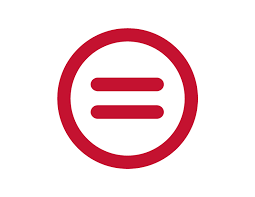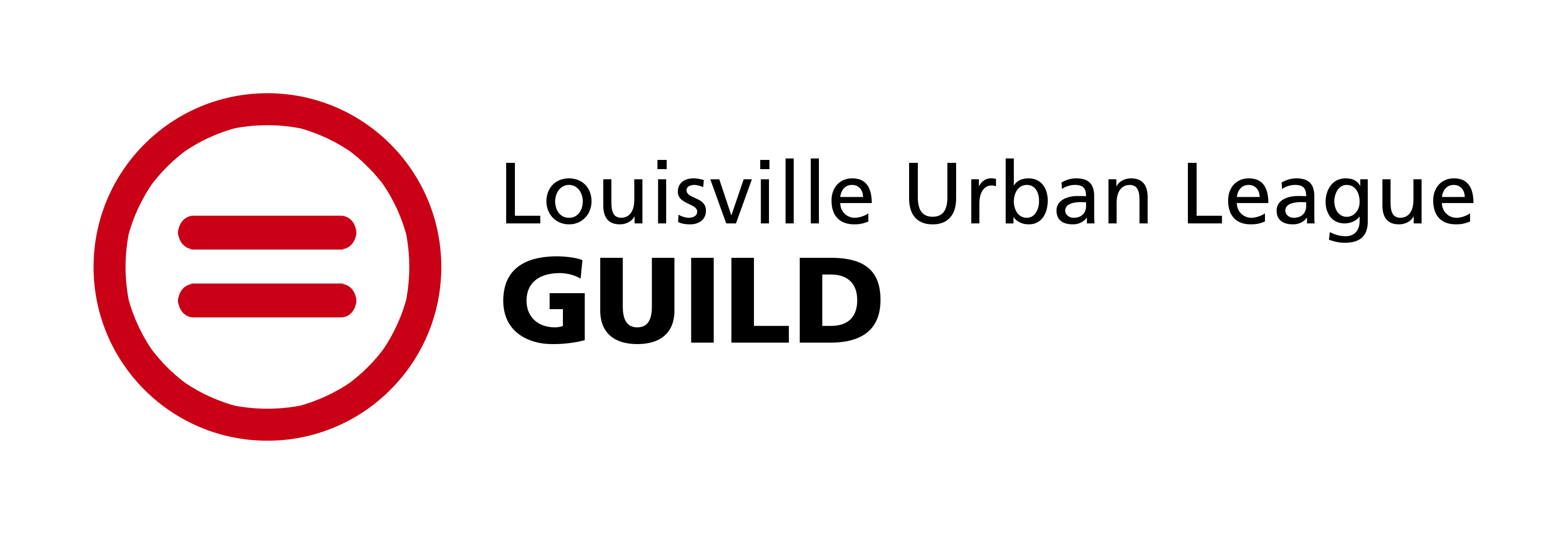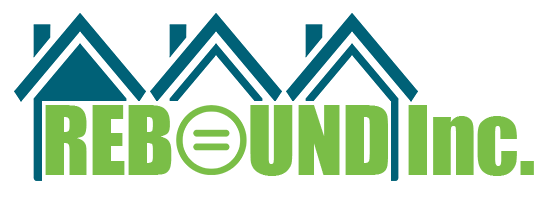COVID-19 Resources Updated March 20, 2020The coronavirus has quickly spread into a global pandemic. Governments have taken drastic measures to encourage social distancing. Along with anxieties about contracting and spreading disease, millions of people who were
Housing, Mortgages & Evictions
The two Government Sponsored Enterprises (GSEs), Fannie Mae and Freddie Mac, and the U.S. Department of Housing and Urban Development (HUD) announced unprecedented steps to help borrowers impacted by COVID-19 remain in their homes. Fannie and Freddie announced immediate suspensions of foreclosures and evictions for any borrower affected by the fallout of the virus crisis and unable to make their mortgage payment, not limited to homeowners who contracted COVID-19. HUD announced a similar policy. In addition, the GSEs will expand forbearance options for borrowers that could extend for at least 12 months. Borrowers utilizing forbearance will not face negative consequences at credit rating agencies.
Fair Housing & Discrimination
HUD is still conducting intake for housing discrimination complaints on the bases of race, color, religion, national origin, gender, disability and familial status. If anyone believes that they have been discriminated against on any of these bases, they can contact their local fair housing center, local FHAP or human relations commission, or NCRC for help and guidance. You can also file an online complaint with HUD. If you have concerns about housing discrimination or additional resources to add here, contact: tmccracken@ncrc.org
Housing Counseling
Presidential Declaration Of Disaster
If and when individual/public assistance money is approved for a disaster, it will be displayed here: https://www.fema.gov/disaster/3416. Information is updated every 24 hours.
Due to the COVID-19 outbreak, many cities and states are taking additional precautions to protect residents and stop the spread of this virus. In many areas, this includes the closure of restaurants (for dine-in services), gyms, universities, K-12 schools and several local businesses. Due to these closures, many consumers find themselves out of work, causing a financial hardship on their households. If you are experiencing a financial hardship due to the COVID-19 outbreak, please check with your local city and county government regarding financial resources that may be available to you during this time.
For Consumers
On March 18, 2020, Fannie Mae, Freddie Mac and HUD suspended all foreclosures and evictions for at least 60 days. This foreclosure and eviction suspension applies to homeowners whose single-family mortgage is backed by either Fannie Mae or Freddie Mac. Borrowers that are not in foreclosure but are affected by the COVID-19 outbreak have other options including a payment forbearance. This forbearance would allow affected borrowers to suspend their mortgage payment for up to 12 months due to hardship caused by the coronavirus. You can find additional details on this moratorium here.
Here’s what the moratorium means for consumers with Fannie Mae and Freddie Mac loans:
- Homeowners who are adversely impacted by this national emergency may request mortgage assistance by contacting their mortgage servicer
- Foreclosure sales and evictions of borrowers are suspended for 60 days
- Homeowners impacted by this national emergency are eligible for a forbearance plan to reduce or suspend their mortgage payments for up to 12 months
- Credit bureau reporting of past due payments of borrowers in a forbearance plan as a result of hardships attributable to this national emergency is suspended
- Homeowners in a forbearance plan will not incur late fees
- After forbearance, a servicer must work with the borrower on a permanent plan to help maintain or reduce monthly payment amounts as necessary, including a loan modification
For Consumers who are not familiar with a forbearance, please review information from the Consumer Financial Protection Bureau on forbearance options and what this will mean for your loan.
Recommended Steps:
- Contact a HUD Approved Housing Counseling Agency. Here’s a full list of approved agencies …[1]
- Any actions following this step can be done independently or your housing counselor can act on your behalf with your authorization.
- Contact your lender to disclose the recent change in your employment. *We promise, this part isn’t as scary as it may seem*
- Ask your lender about the assistance options they have for customers impacted by COVID-19. *Don’t let them skip over any details when discussing modification and forbearance options*
- Do you have private mortgage insurance or mortgage protection insurance? Does it cover employment loss? Unsure? A housing counselor can assist you with determining this information.
- Contact your local representative and tell them what you need to maintain your housing! *Laws should be update with you id mind, government officials can’t do it(well) without hearing from you*
Borrowers concerned about paying their mortgage due to this current crisis should contact their lender as soon as possible to discuss loss mitigation options. Many employees have experienced a loss of income because their employers were forced to close (i.e. restaurants, movie theaters, etc.) which has caused a hardship. The sooner you inform your lender of your hardship, the sooner they can offer you solutions to avoid mortgage delinquency. You should be prepared to provide documentation of your hardship and follow up with your lender regularly until you reach a resolution.
While many housing counseling agencies have transitioned to virtual and telephone counseling in accordance with “social distancing” guidelines, these agencies are still available to help guide you through your housing questions. You can locate a housing counseling agency in your area by clicking here.
Source: COVID-19 Resources – NCRC





